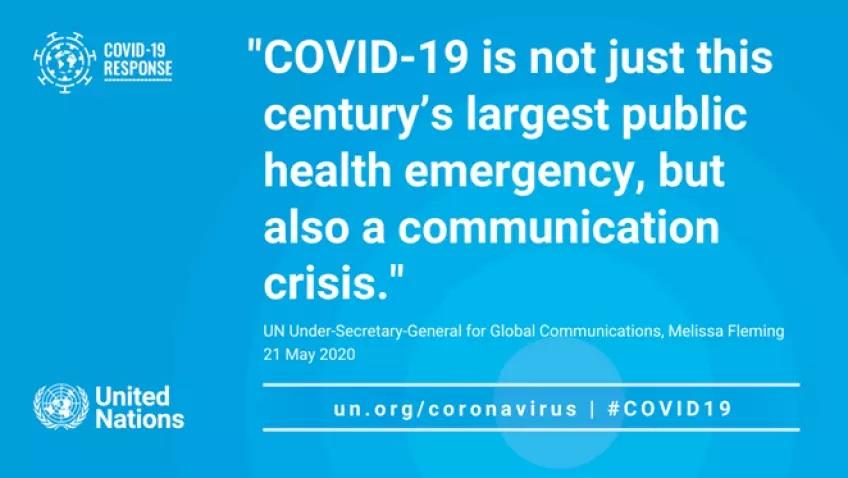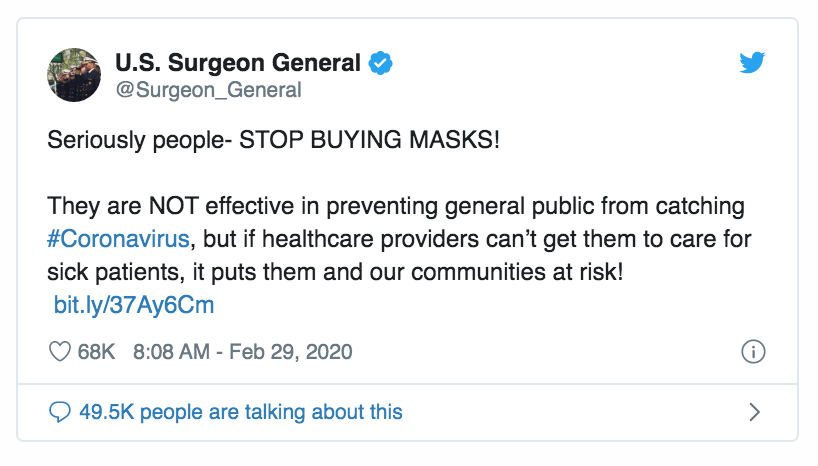The United Nations has ‘launched a counter-attack’ against coronavirus misinformation – by teaming up with the World Economic Forum to battle coronavirus misinformation and other ‘potentially dubious content.’
“When COVID-19 emerged, it was clear from the outset this was not just a public health emergency, but a communications crisis as well,” says Melissa Flemming, the UN’s head of global communications.
During the #COVID19 pandemic, the wrong information can be deadly.
Join me in taking the #PledgetoPause before sharing and help stop the spread of misinformation online. https://t.co/Rj0dg5OiZb pic.twitter.com/xeX8hoisXv
— António Guterres (@antonioguterres) October 20, 2020
“We’re trying to create this new social norm called ‘pause – take care before you share’ – she continued, adding “We’re equipping people, through this new social norm, with a bit of ‘information scepticism’.”
The new initiative also seeks to rope social media influencers into spreading ‘real news’ about the pandemic – which we assume means nothing to do with hydroxychloroquine, incredibly low fatality rates for most people below retirement age, or anyone even slightly opposed to business-killing lockdowns.
One also has to wonder how the UN and WEF would cover egregious flip-flops from global health authorities on everything from transmissibility to mask use.
Preliminary investigations conducted by the Chinese authorities have found no clear evidence of human-to-human transmission of the novel #coronavirus (2019-nCoV) identified in #Wuhan, #China🇨🇳. pic.twitter.com/Fnl5P877VG
— World Health Organization (WHO) (@WHO) January 14, 2020
Regardless, the UN’s campaign is steadfast in their self-determined authority as arbiters of all things COVID.
“So far, we’ve recruited 110,000 information volunteers, and we equip these information volunteers with the kind of knowledge about how misinformation spreads and ask them to serve as kind of ‘digital first-responders‘ in those spaces where misinformation travels,” said Flemming.

